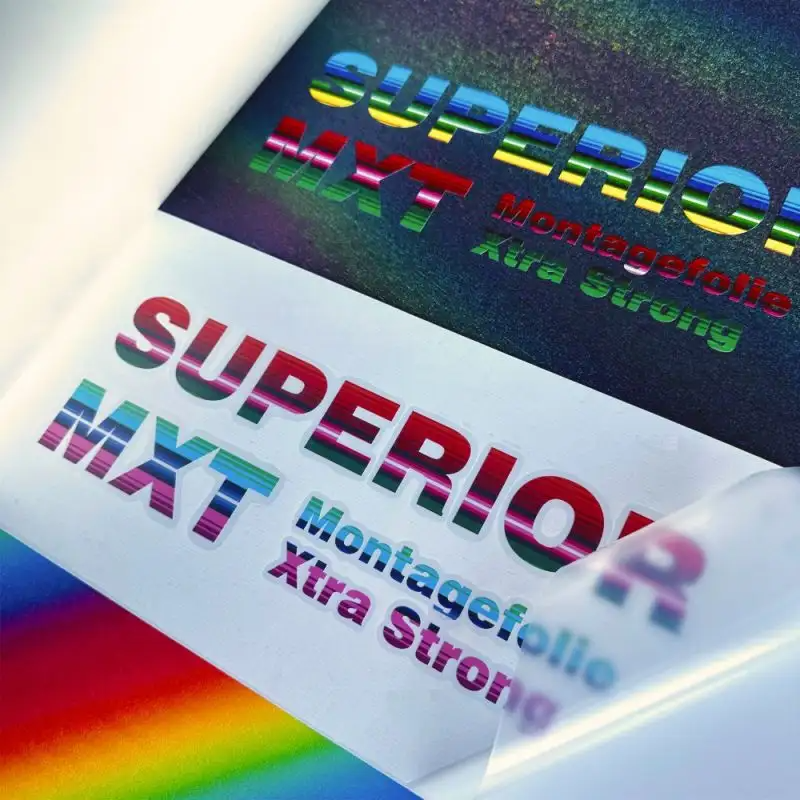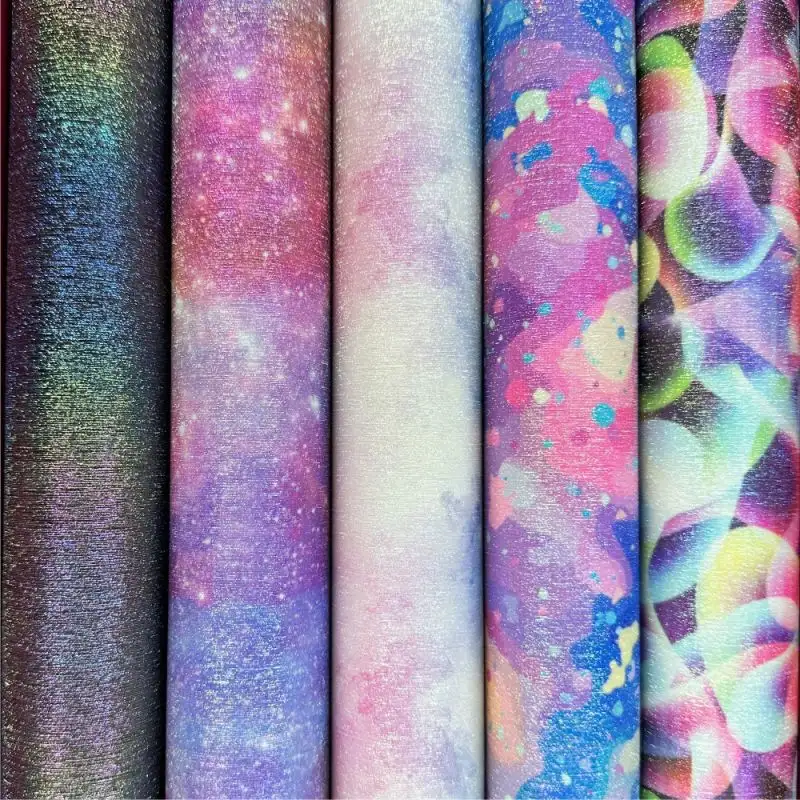Maintaining Color Consistency in Foil Direct Plotter Films

Maintaining color consistency in foil direct plotter films is essential for achieving professional-looking results and ensuring brand integrity across various applications. Whether you are creating signage, vehicle wraps, or decorative accents, consistent color reproduction helps maintain a cohesive visual identity that resonates with viewers and clients alike. Variations in color can undermine the effectiveness of your design, diminish the perceived quality of the finished product, and lead to costly rework or replacements. Therefore, understanding the factors that influence color consistency and implementing best practices to control and maintain it is vital for any signage professional or DIY enthusiast. Achieving uniformity in color requires attention to detail at every stage of the process, from design to application, and beyond.
The Importance of Color Management in Design and Production
Color management begins long before the film is even printed or cut. It starts with a well-calibrated monitor and a consistent workflow to ensure that the digital design precisely matches the final output. Using color profiles and standards such as ICC profiles helps create a common language between your design software, plotter, and the film itself. When these elements are correctly calibrated, the colors you see on your screen will closely resemble the actual printed or cut material, minimizing discrepancies. This is especially important for foil films, where metallic finishes and reflective surfaces can make color reproduction more challenging. Proper color management ensures that the vibrant hues and metallic sheens appear as intended, providing confidence that the final product will meet expectations and maintain brand consistency across multiple applications.
Choosing High-Quality Foil Films for Consistent Results
Not all foil direct plotter films are created equal, and selecting high-quality materials is a key factor in maintaining color consistency. Premium films are manufactured with advanced coating processes and consistent pigment dispersion, which helps achieve uniform color and metallic effects. Cheaper or lower-grade films may suffer from color variation, uneven metallic sheen, or fading over time, which can compromise the overall look of your project. Investing in reputable brands and products designed specifically for outdoor durability and consistent color output can make a significant difference. Additionally, it’s important to choose films that are compatible with your plotter and application techniques to reduce the risk of color shifts during cutting, weeding, or application. High-quality films provide a stable base that ensures your colors remain vibrant and true to your original design, even after exposure to environmental elements.
Proper Storage and Handling to Preserve Color Integrity
Even the best foil films can lose their color vibrancy if not stored and handled correctly. Proper storage involves keeping the films in a cool, dry, and dark environment to prevent exposure to sunlight, heat, and humidity, which can cause discoloration or degradation of the pigments. Films should be stored flat or upright in their original packaging to avoid creases, scratches, or other physical damage that could affect color appearance. During handling, it’s important to use clean gloves and tools to prevent transferring oils, dirt, or chemicals that might stain or alter the film’s surface. Maintaining the integrity of the foil’s reflective layer is crucial for preserving its metallic sheen and overall color consistency. By caring for the films properly, you ensure that each roll or sheet delivers consistent, vibrant results when used in your projects.

Controlling Application Conditions for Consistent Appearance
The conditions under which foil films are applied can significantly influence the final color outcome. Temperature, humidity, and surface cleanliness all play a role in the adhesion and appearance of the film. Applying foil films in a controlled environment—ideally indoors in a temperature range recommended by the manufacturer—helps prevent issues like bubbling, lifting, or color shifting caused by environmental stress. Surfaces must be thoroughly cleaned and free of dust, grease, or other contaminants to ensure proper adhesion and prevent irregularities that could distort the metallic or color finish. When working on curved or textured surfaces, the use of heat and proper application techniques ensures smooth conforming of the film, which contributes to a uniform appearance. Consistent application conditions help guarantee that the color and metallic effects are evenly distributed across the entire surface, maintaining the integrity and vibrancy of the design.
Regular Inspection and Maintenance for Long-Term Color Stability
Once your foil graphics are applied, ongoing maintenance and inspection are vital to preserving color consistency over time. Environmental factors such as UV exposure, pollution, and temperature fluctuations can cause fading, dulling, or discoloration of the film. Regularly inspecting the graphics for signs of wear or damage allows for early intervention, such as cleaning or reapplication of protective coatings. Cleaning should be done with gentle, non-abrasive solutions that do not strip away the film’s reflective or pigmented layers. If any areas show signs of fading or color inconsistency, touch-ups or reapplications may be necessary to restore the original appearance. Applying a clear protective laminate can also help shield the foil film from environmental damage, prolonging its vibrant color and metallic sheen. Consistent maintenance not only extends the lifespan of your graphics but also ensures they continue to look uniform and professional for years to come.
Conclusion: Ensuring Color Consistency for Professional Results
Maintaining color consistency in foil direct plotterfolien is a combination of careful planning, quality materials, proper handling, and ongoing care. From accurate color management during the design phase to selecting high-grade films and controlling application conditions, each step plays a crucial role in achieving uniform, vibrant results. Proper storage and handling are equally important to prevent early deterioration, while regular inspection and maintenance help sustain the appearance over time. When all these elements work together, they empower sign makers and designers to produce visually stunning, consistent graphics that reinforce branding and elevate the overall quality of their projects. In a competitive market, the ability to deliver consistent, high-quality colors can set your work apart and foster long-term client relationships built on trust and excellence.
- Art
- Causes
- Crafts
- Dance
- Drinks
- Film
- Fitness
- Food
- Games
- Gardening
- Health
- Home
- Literature
- Music
- Networking
- Other
- Party
- Religion
- Shopping
- Sports
- Theater
- Wellness


